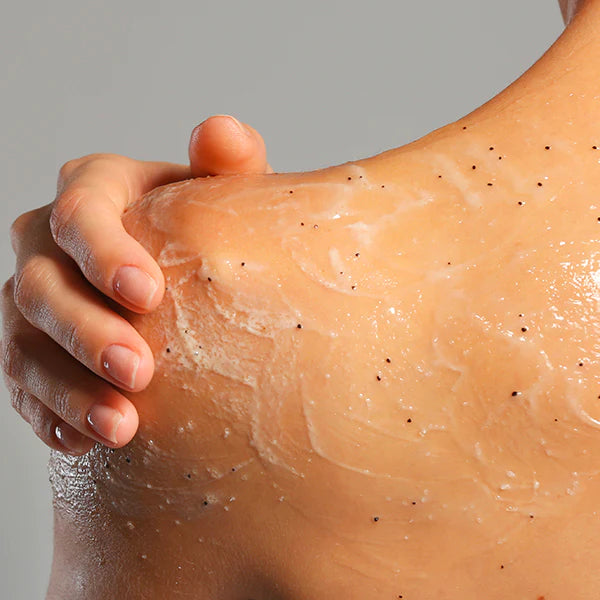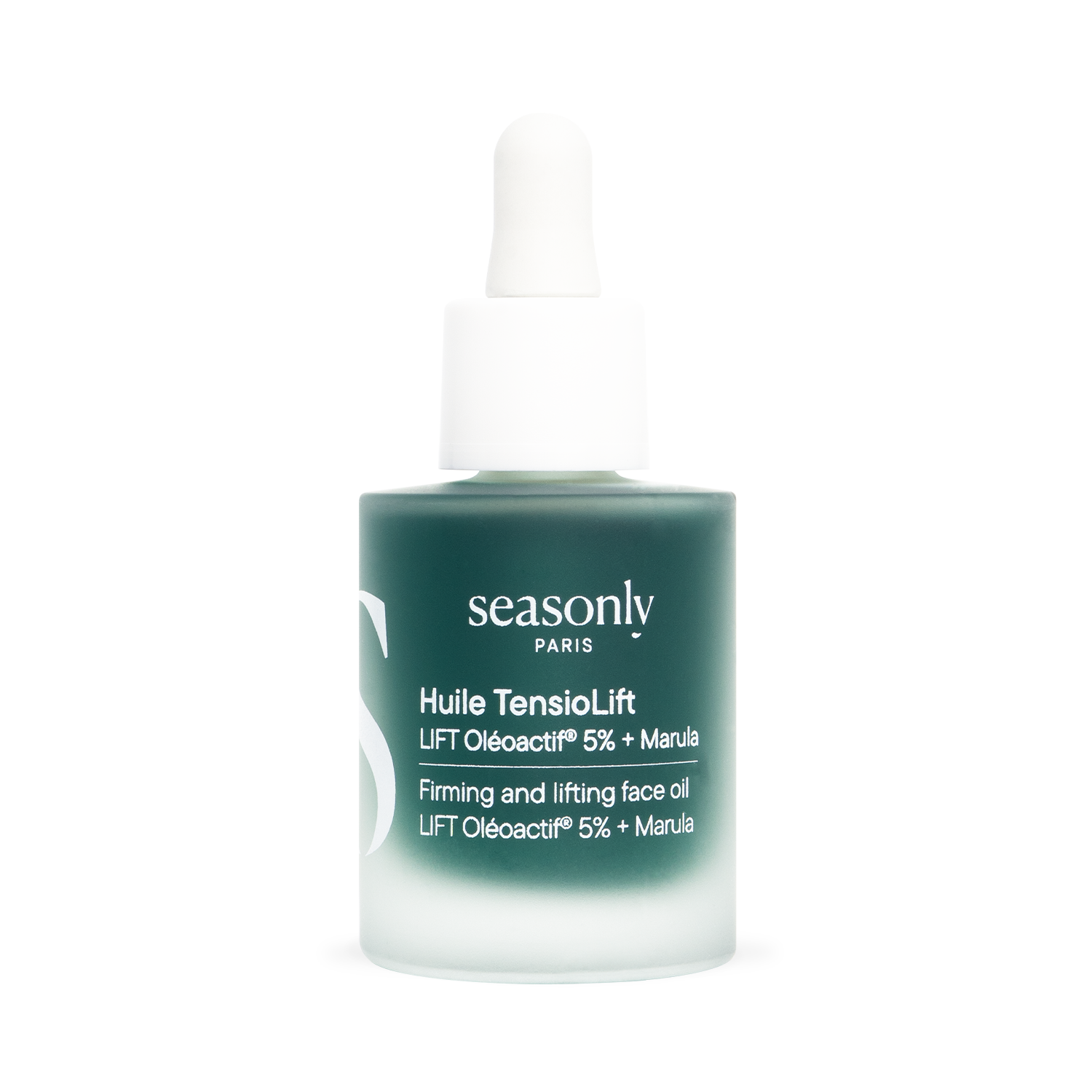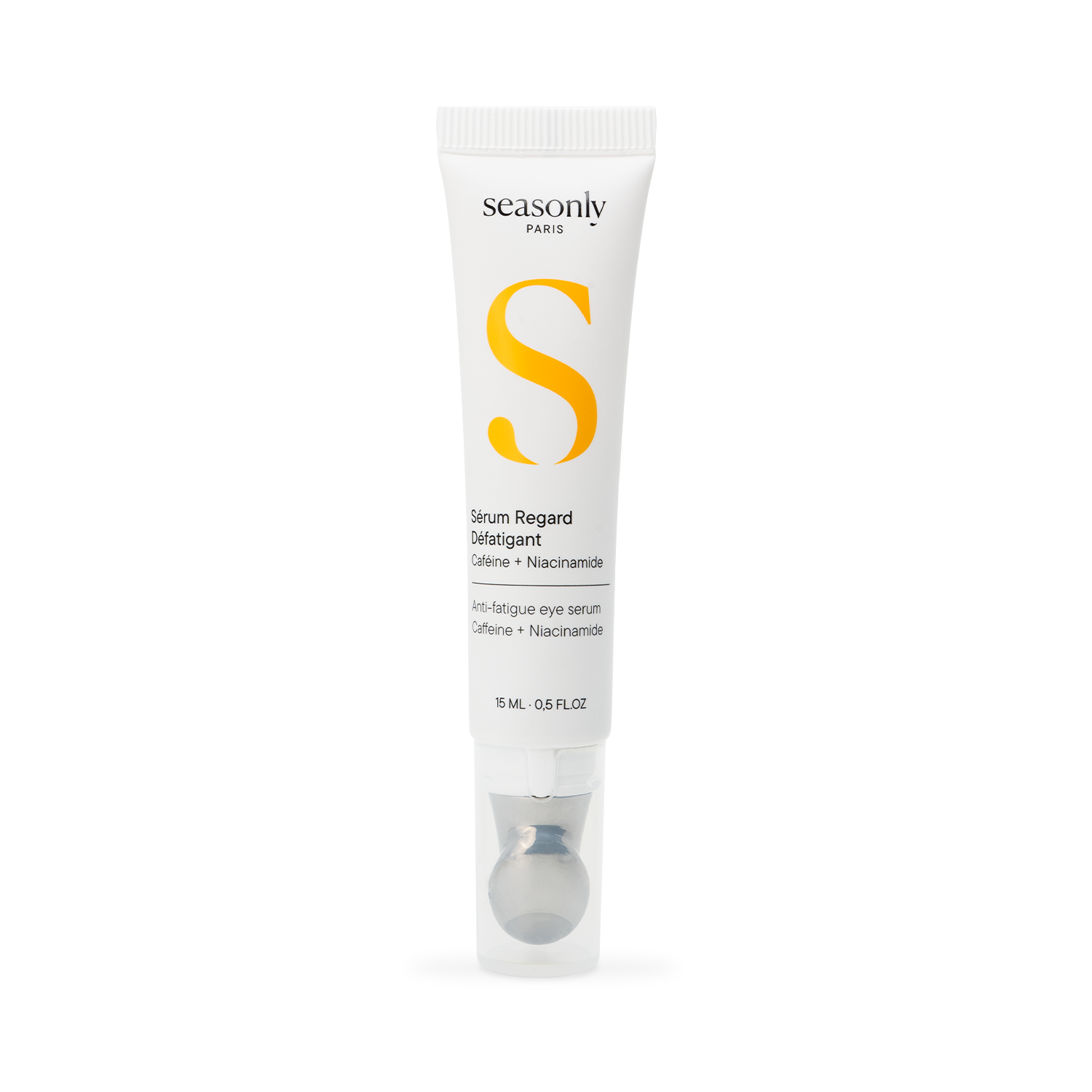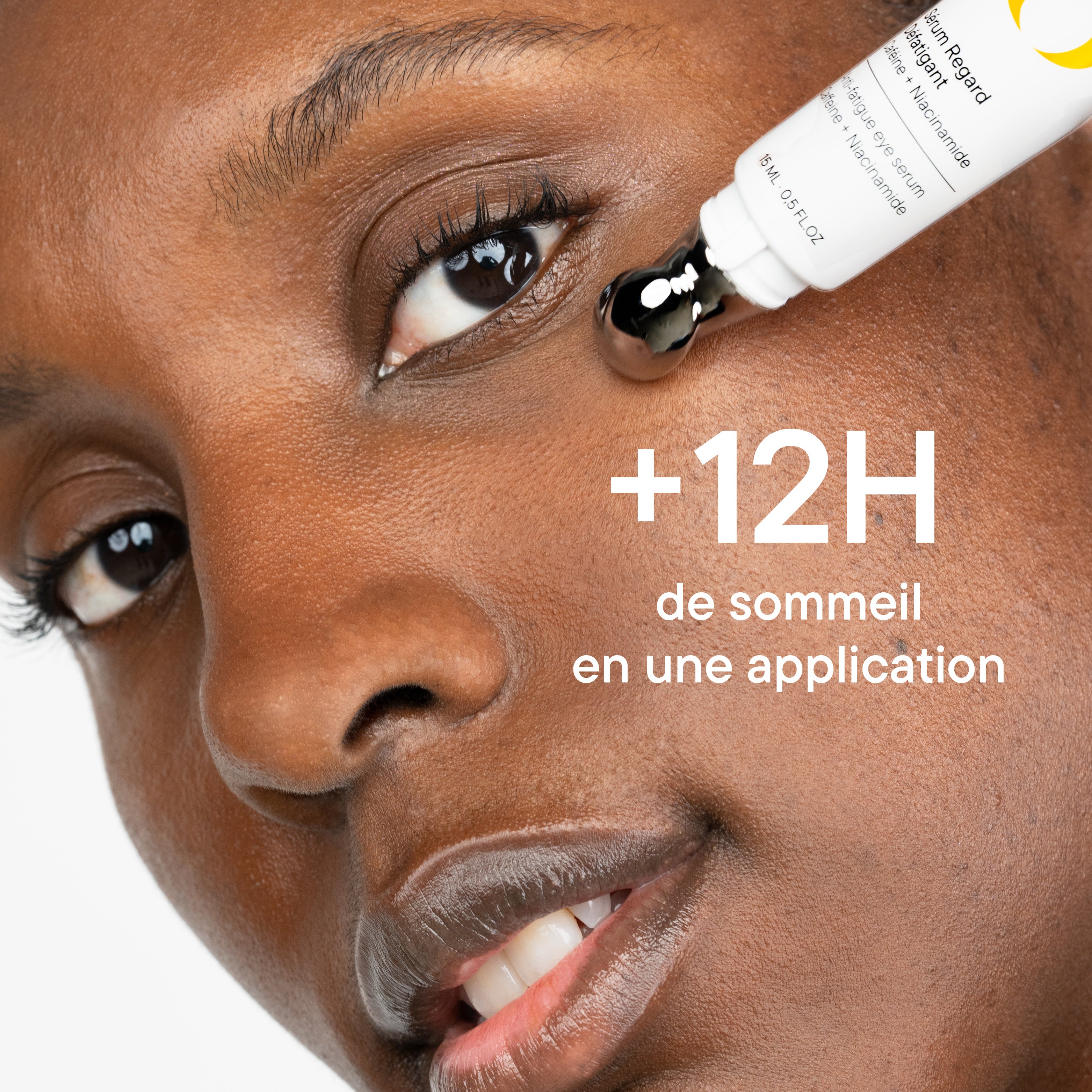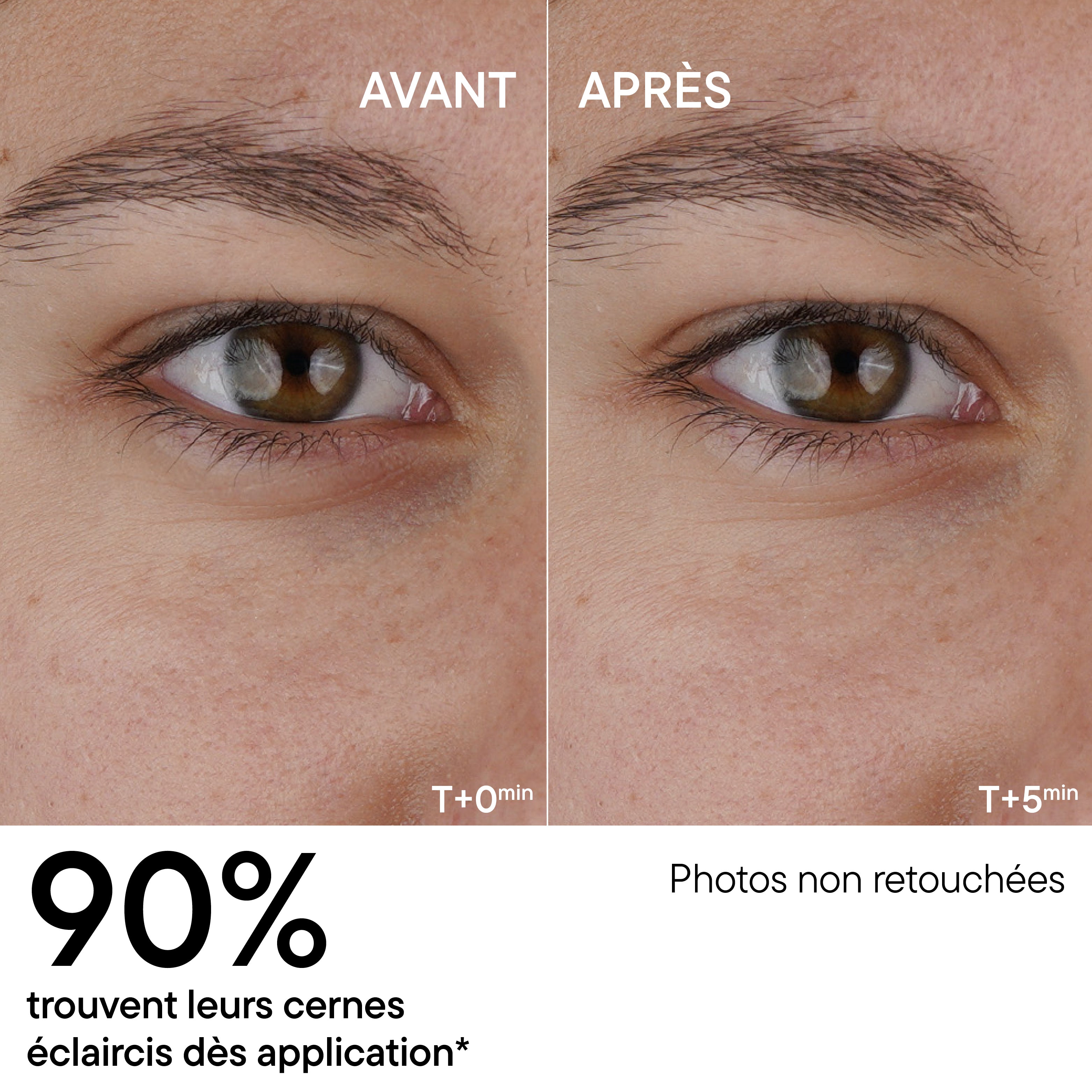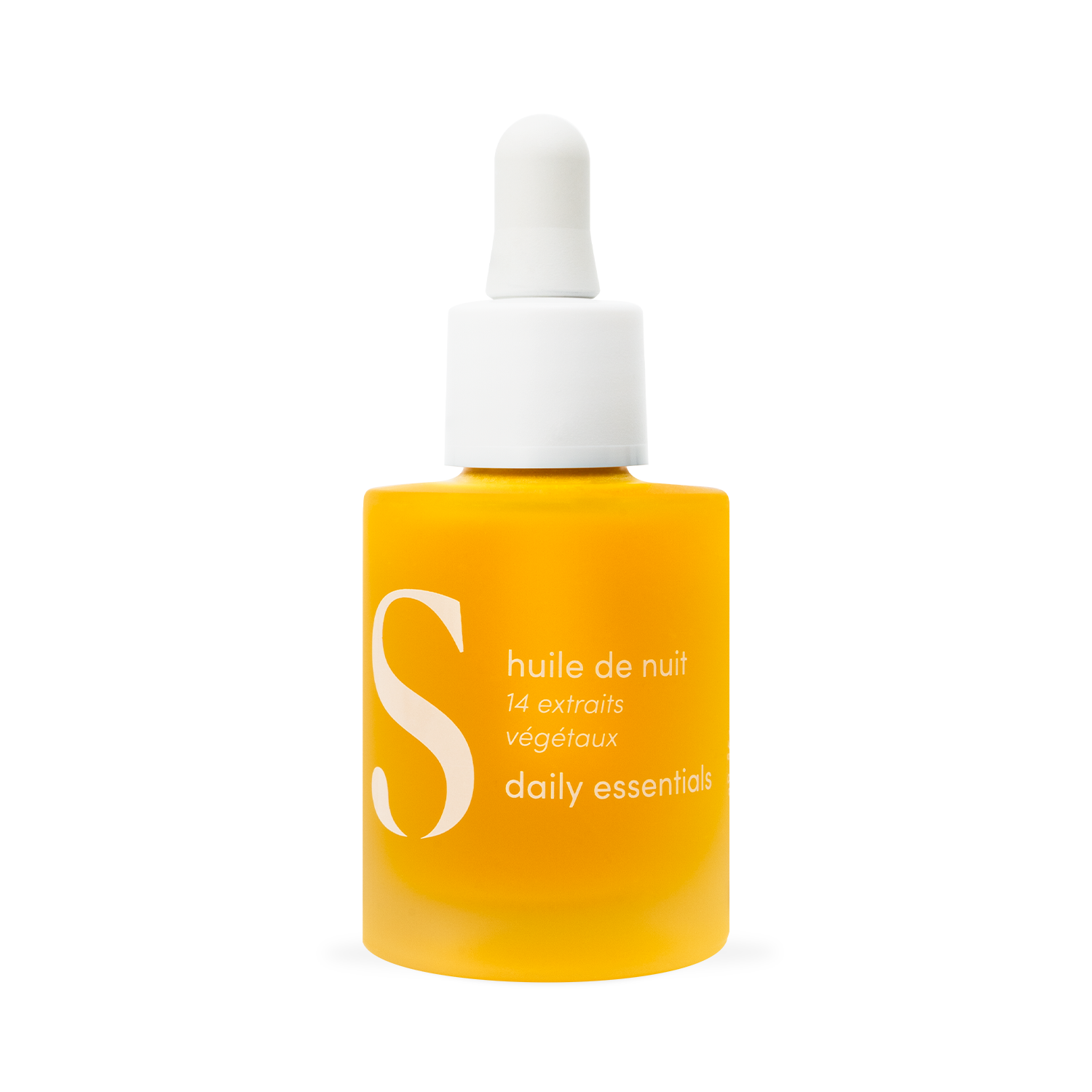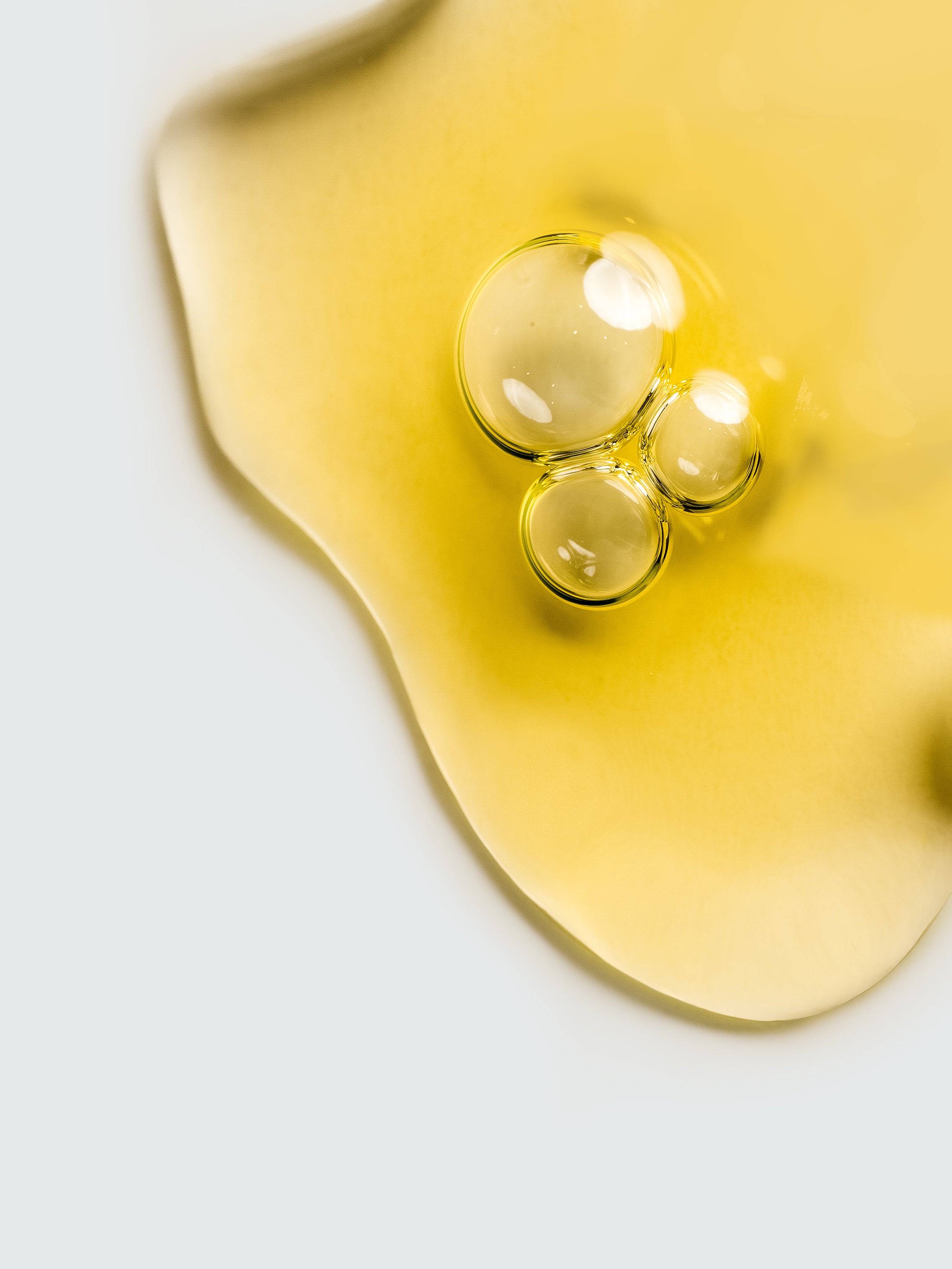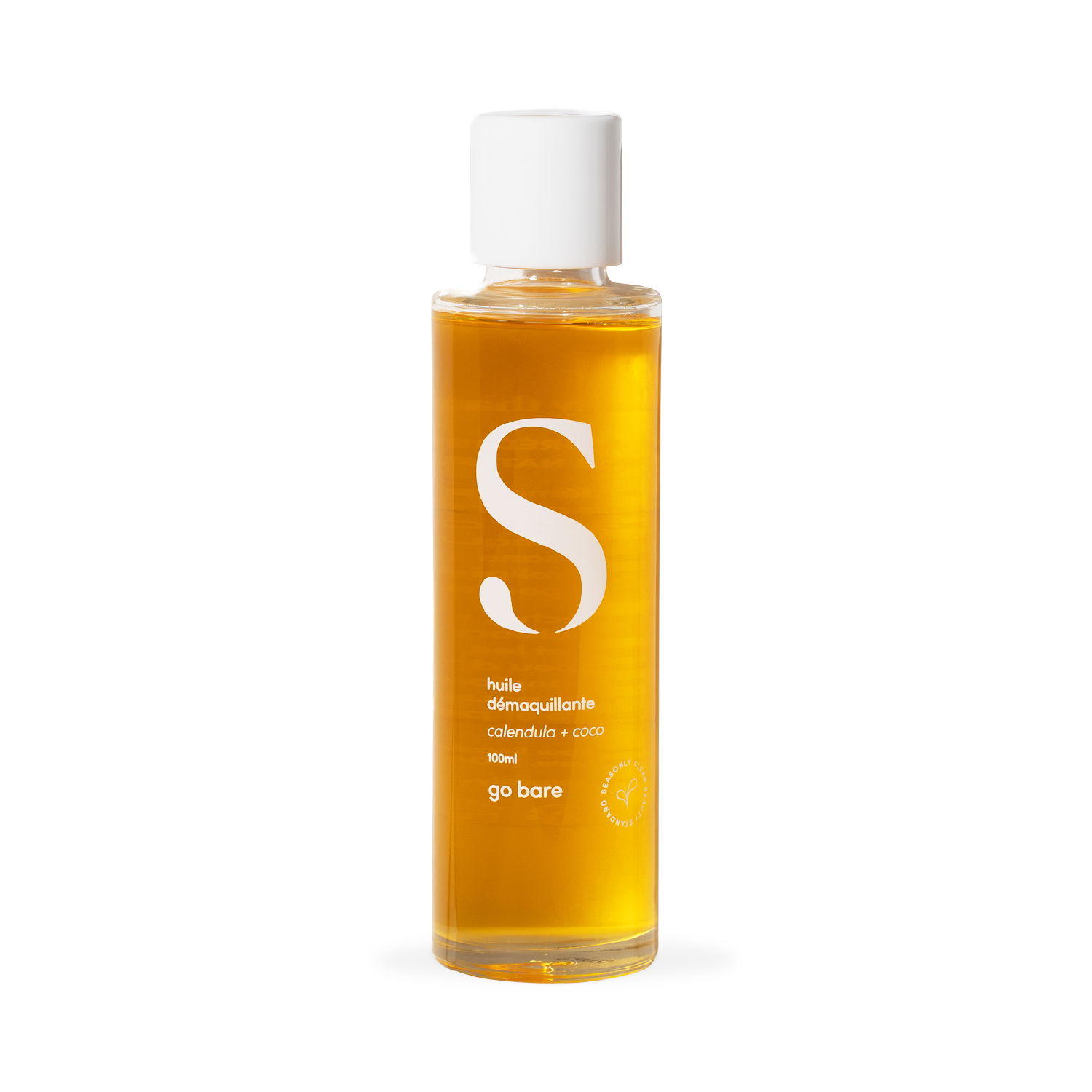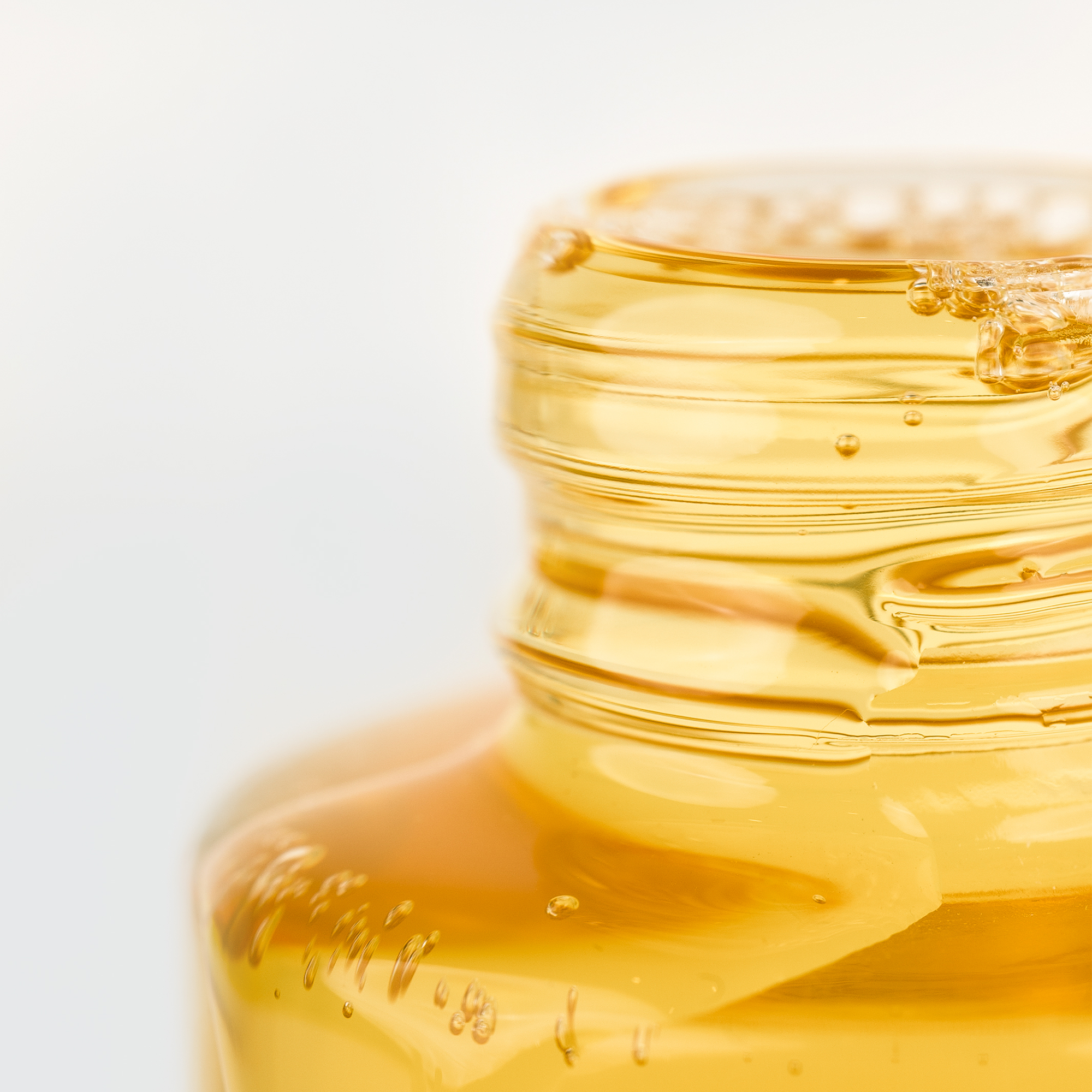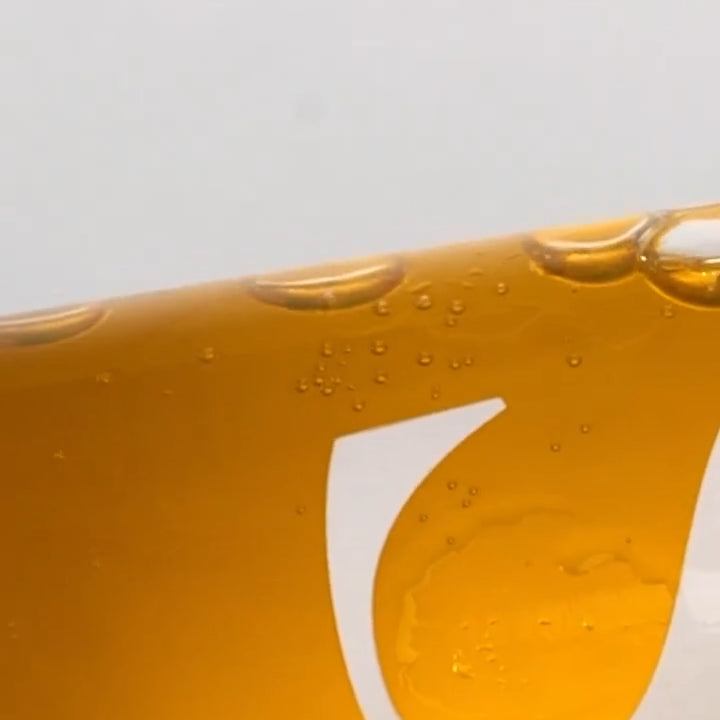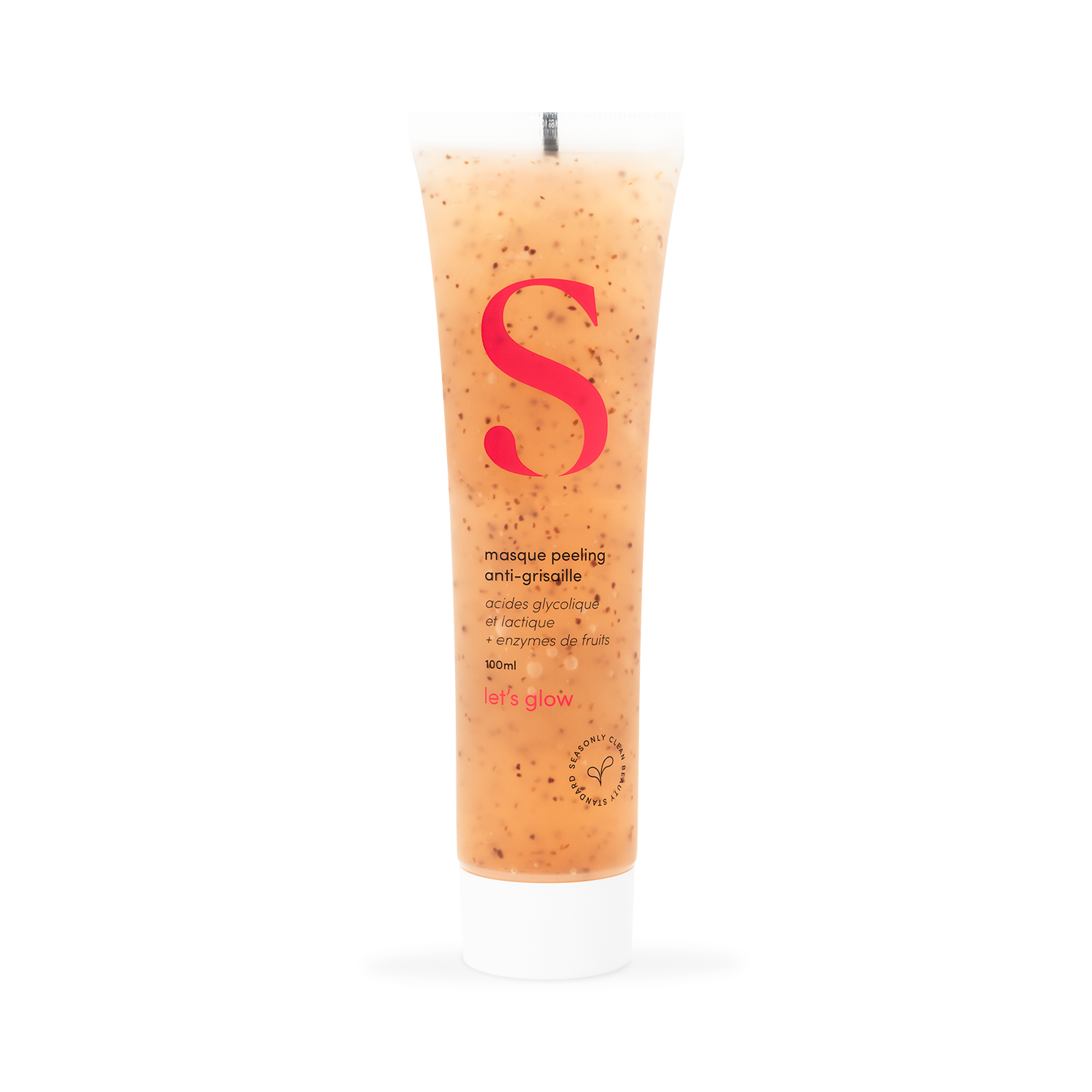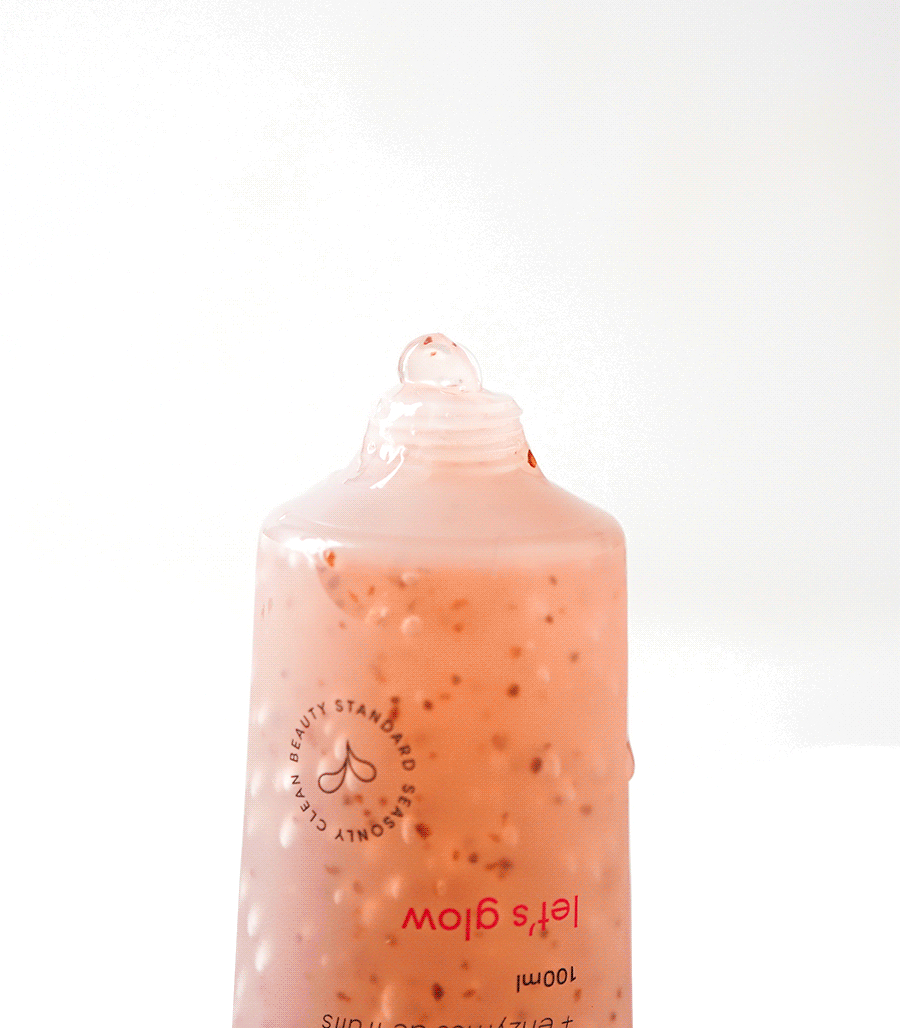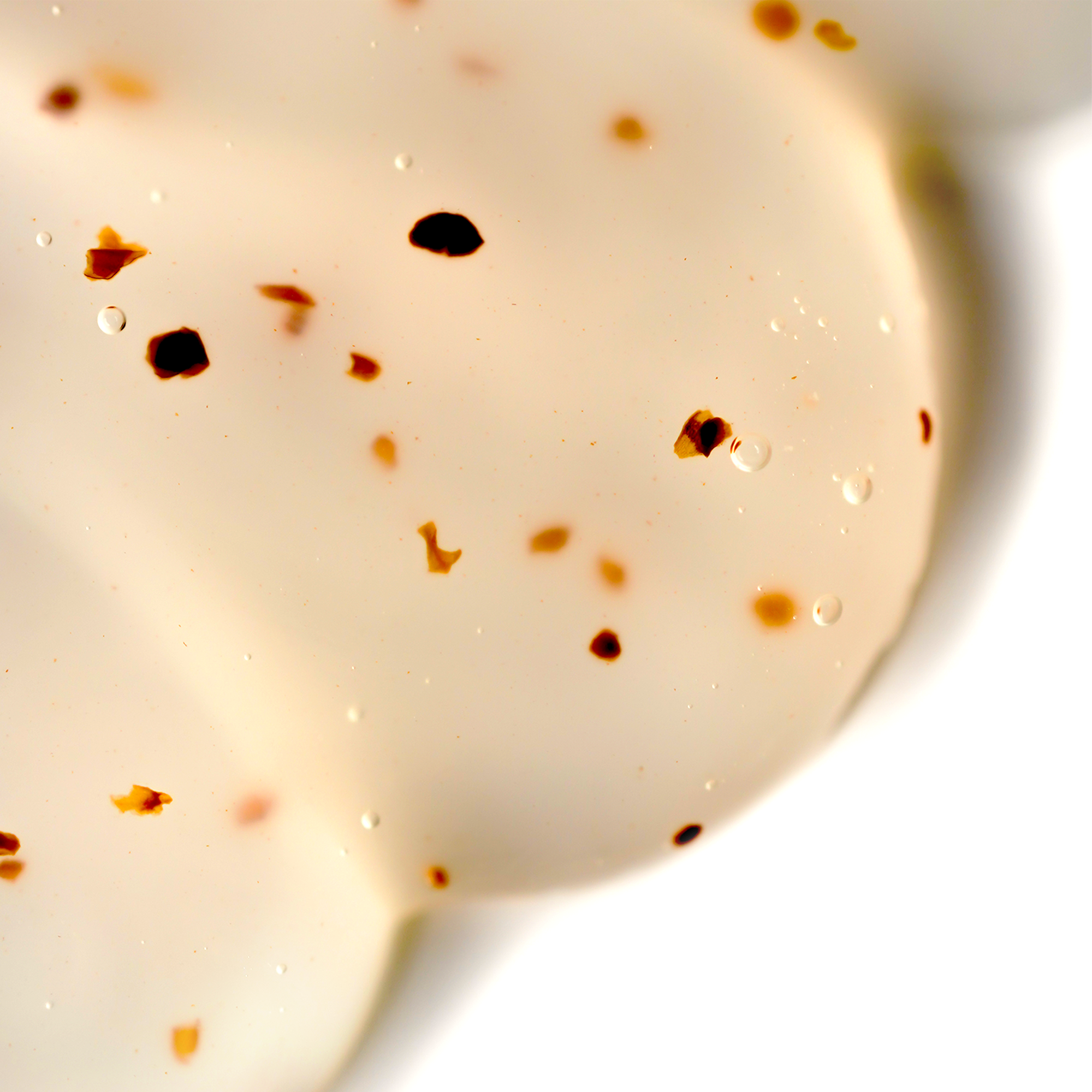How to eliminate imperfections on the back and neckline?
It's a problem that we don't necessarily talk about often, yet it is often a source of discomfort. Sometimes painful, pimples on the back and neckline are almost similar to pimples on the face. However, treating the skin on the body requires a different approach than the face. Here are the right actions to adopt.
Clean your back skin regularly
The back has a significant number of sebaceous glands that produce sebum. When these glands produce too much oil, it can clog pores and contribute to the formation of pimples. Regular cleansing can help remove excess oil and prevent clogged pores. Additionally, pimples often result from inflammation of the hair follicles. By cleansing the skin regularly, you can reduce the risk of inflammation by eliminating the factors that encourage the growth of acne-causing bacteria. This also helps eliminate various impurities from the environment, such as dust, dirt and pollution particles.
Use a gentle cleanser (specifically designed for the back) to remove excess oil, dead skin cells and impurities. Avoid harsh cleansers that could irritate the skin.
Also look at your hair products, often certain shampoos or treatments contain occlusive active ingredients and are poorly rinsed at the back which can lead to clogged pores and therefore imperfections.
Concerning the neckline, these are very often imperfections linked to excessive perspiration as well as the friction of clothing. The skin there is extremely thin - much thinner than on the back - so it tends to mark more easily. Choose materials that will allow your skin to breathe, such as linen or cotton.
Exfoliate your skin twice a week
Exfoliation helps remove dead skin cells that could be blocking pores. Removing these cells reduces the risk of blocked hair follicles, which can contribute to the formation of spots. Additionally, exfoliation can help prevent the buildup of oil, dirt, and impurities that can clog pores on the back. It is important, however, not to exfoliate the skin on your back excessively, as this could lead to irritation. Using a gentle exfoliant once or twice a week is generally recommended. Opt for products with chemical and not mechanical exfoliation (which contain grains) - as the skin is already weakened, this risks creating microlesions which can lead to new imperfections. Look for active ingredients like PHAs (gluconolactone, lactobionic acid), fruit enzymes or AHAs if you tolerate them well (glycolic acid, lactic acid, etc.).
You can then apply an anti-blemish serum as you would for the face. The light textures of the serums penetrate quickly, avoiding any risk of stains on clothes. You can do it in treatment for a while for example. Favor gentle active ingredients such as bakuchiol, niacinamide, zinc... We are still in very sensitive areas - particularly the décolleté - so pay close attention to the composition of your products and ban potential endocrine disruptors.
Moisturize your body skin daily
Often, we tend to moisturize our face every day, but not necessarily the skin on our body. However, maintaining a good level of hydration is essential to keep it healthy. So we don't forget our back and neckline, even when they have pimples because the skin needs hydration to maintain its balance and boost its healing process. Often, acne treatments such as cleansers and topical products can have drying effects on the skin. By hydrating these areas, we prevent excessive drying which could lead to increased sebum production to compensate, thus contributing to the formation of new spots.
A non-comedogenic moisturizer can help maintain skin suppleness, soothe possible treatment-related irritation and promote skin regeneration.
